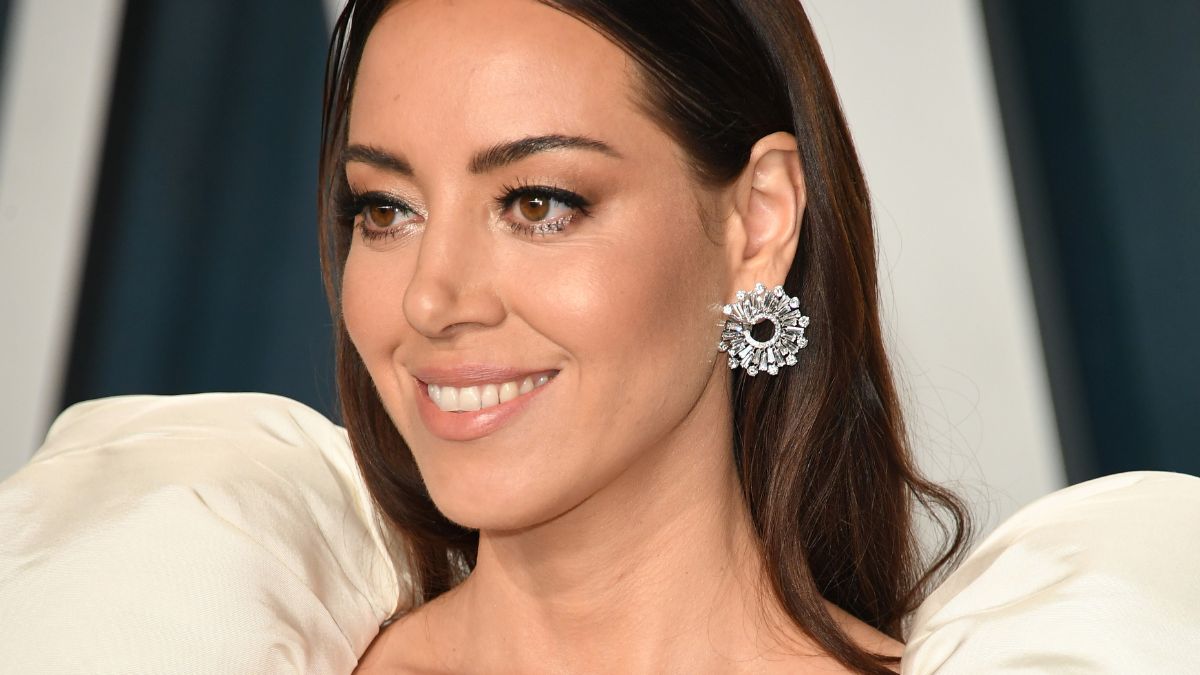
In an emotional and revealing conversation with her longtime friend and former co-star Amy Poehler, actress Aubrey Plaza has publicly addressed the tragic loss of her husband, director Jeff Baena, for the first time since his death by suicide earlier this year. The star of The White Lotus appeared on Poehler’s podcast, Good Hang, where she offered a poignant glimpse into her private struggle with grief.
Poehler, who starred with Plaza on the beloved sitcom Parks and Recreation, initiated the difficult topic with a gentle and compassionate tone, saying, “You’ve had this terrible, terrible, tragic year. You lost your husband, you’ve been dealing with that and you’ve been looking for all different ways in which to feel and find support.”
She noted “Frankie’s like your therapy dog now,” and finally asked the question. Poehler, calmly, asked, “On behalf of all the people who feel like they know you, and the people who do know you — how are you feeling today?”
Aubrey Plaza finally speaks up after husband’s suicide
Plaza explained, “Right in this very, very present moment, I feel happy to be with you. Overall, I’m here and I’m functioning. I feel really grateful to be moving through the world. I think I’m OK, but it’s like a daily struggle, obviously.”
Her remarks offered a raw and honest counterpoint to the more guarded public statement she and the Baena/Stern family had released in the days following his death in January. That initial statement, which called the event an “unimaginable tragedy” and requested privacy, had been the only comment from Plaza until this recent podcast appearance.
Plaza continued, “This is a really dumb analogy and it was kind of a joke at a certain point, but I actually mean it. Did you see that movie The Gorge? In the movie, there’s a cliff on one side and a cliff on the other side, then there’s a gorge in between and it’s filled with all these monster people that are trying to get them.”
Plaza finally said, “I swear when I watched it, I was like that feels like what my grief is like… or what grief could be like. At all times, there’s like a giant ocean of awfulness, that’s like right there and I can see it. Sometimes I just want to dive into it, and just like be in it. Then sometimes I just look at it, and sometimes I try to get away from it. But, it’s always there.”
She confessed to having a complex relationship with this feeling, sometimes wanting to immerse herself in it, other times simply observing it from a distance, and at moments, desperately trying to escape it. Yet, the emotional abyss is always there, she said, a permanent fixture in her life. This analogy provides a heartbreaking insight into the relentless and all-encompassing nature of her sorrow.







